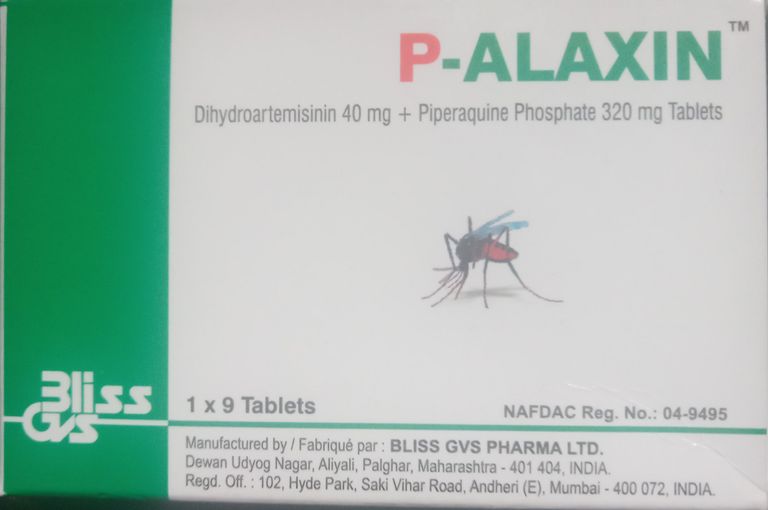For a lot more than 50 years, low-cost antimalarial medications preserved an incredible number of existence and treated vast amounts of devastating microbe infections silently. Today, however, these drugs no more work contrary to the deadliest type of malaria that exists through the entire global planet

Malaria sickens and kills people through several pathological mechanisms, understood to varying degrees. In addition to first- and second-line antimalarial drug treatments, adjunctive and supportive care measures (e.g., intravenous fluids, blood transfusions, supplemental oxygen, antiseizure medications) may be needed for severe manifestations. The aims of treatment are to prevent death or long-term deficits from malaria, to cut short the morbidity of an acute episode of illness, and to clear the infection entirely so that it does not recur.
Drugs that are good to combat malaria :
1• quinine
2• quinidine
3• chloroquine
4• amodiaquine
5• mefloquine
6• halofantrine
7• lumefantrine
8• piperaquine
9• tafenoquine.
There are now few places in the world where chloroquine can be relied upon for falciparum malaria, and SP resistance is spreading rapidly.
There are inadequate data in the safety of all antimalarial drug treatments in pregnancy. Artemisinin and its own derivatives ought never to get in the initial trimester. Halofantrine, primaquine, and tetracycline shouldn't be applied at any appropriate amount of time in being pregnant.
There are uncertainties over the safety of mefloquine in pregnancy. Quinine, chloroquine, proguanil, SP, and clindamycin are regarded as safe in the first trimester. Quinine may cause hypoglycemia, particularly in late pregnancy.
Vomiting is not as likely in the event the patient's temperature can be lowered before dental drug administration.